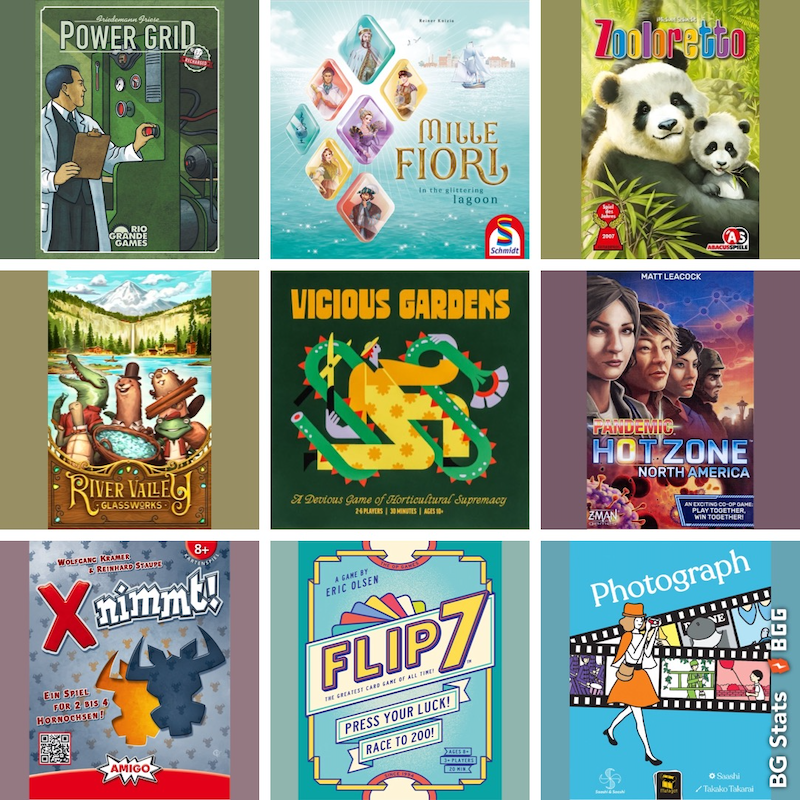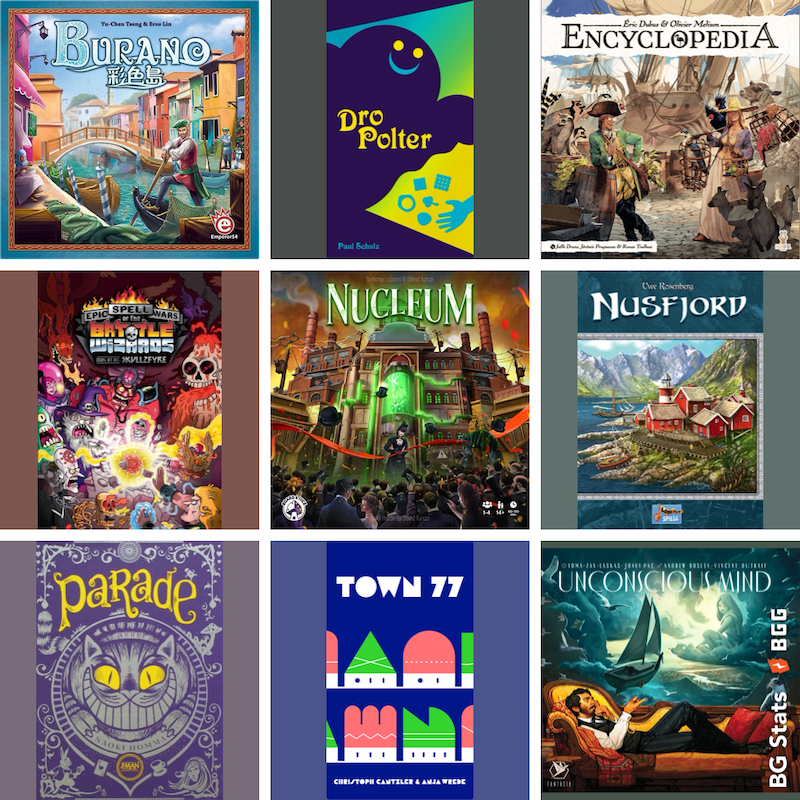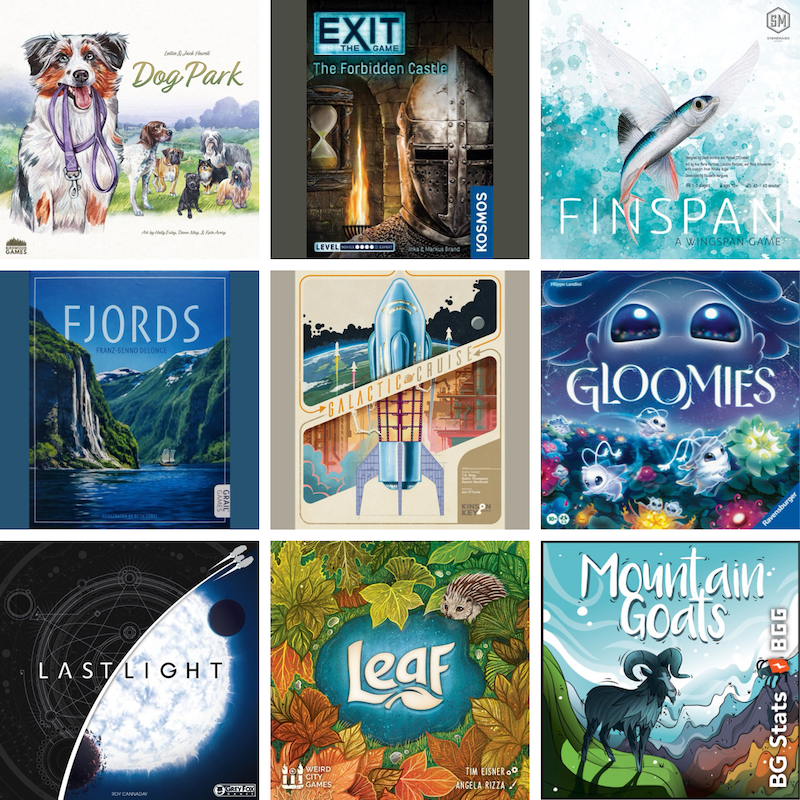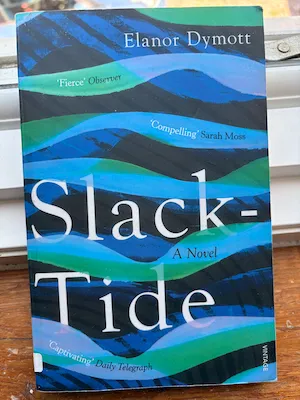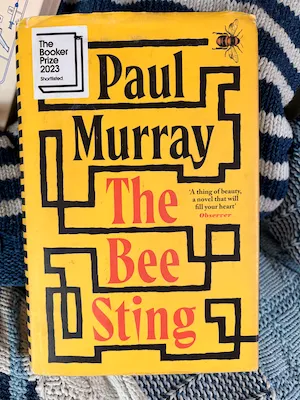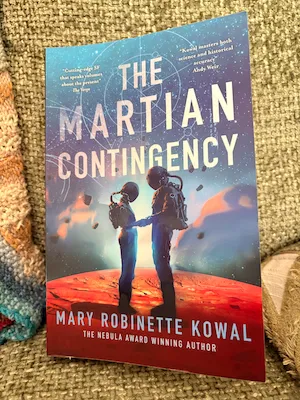Slow Productivity
by Cal Newport
Wednesday, February 5, 2025
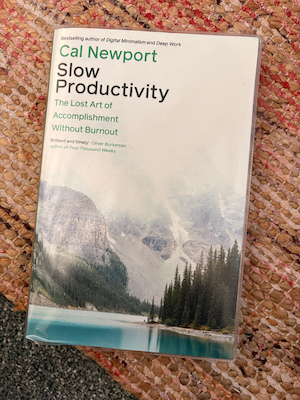
I remember working in an office, circa 2000, and everyone being told we needed to stay at our desks late on a Friday afternoon so that higher management could see that we were working hard to get the software release out of the door. Which was ridiculous because at that point there were maybe two people out of the forty odd in the office who were actually working on that. Everyone else had finished their parts of it and leaving early on a Friday was just making us happy; we were all working on the next thing. All that happened was that we all got annoyed and felt undervalued. The memory of that ridiculous edict has stuck with me and there’s a very similar anecdote that opens Chapter 1 of this book.
But now what really annoys me is that even after more than twenty years of working for myself, I still fall foul of what Newport terms pseudo-productivity. I know full well that sometimes the most productive thing I can do is to not do anything productive but still I sit at my desk when I’m stuck on things, and am amazed when I give up and go outside and then find I have the answers when I come back to my desk. The author makes it clear that this isn’t a book for everyone, not everyone has full control of their time, but for me, the nail is hit firmly on the head and I’m reading this book for my own enlightenment.
There’s three parts to Newport’s theory of slow productivity, and they’re written on the book jacket so I’m not spoiling anything by writing them here.
- Do fewer things
- Work at a natural pace
- Obsess over quality
The first two are ideas I’ve figured out by myself over the last few years but it’s good to have them written down like this and expanded on. I like that he makes clear that doing fewer things doesn’t mean having fewer ambitions or getting less done. It’s just stop trying to pretend you’re doing a hundred things at once. Say no to stuff you don’t have space for at the moment. You can actually end up getting more things done over time this way. This one I find comes pretty easily once you let yourself go with it.
The second point is another that has slowly dawned on me over time. I often think I’m procrastinating when actually I’m just not ready to do things yet. Often a project needs to simmer in the back of my brain for a while before I’m ready to put it together. Once I sit down to do something I’m often surprised by how quickly I can do it, but that’s a product of the fact it’s been simmering away. If I try to do complicated things as soon as I think of them then the results are often substandard. It’s not procrastinating, it’s working things out. And my brain can work things out while swimming or biking better than it can at my desk a lot of the time. I found there was a lot of useful advice in this section of the book about embracing things like a shorter workday and having slow seasons.
The third point, that you should obsess over quality, is the one that I struggle with the most. The point of when does this become perfectionism is addressed but not really answered. I have a lot of thoughts on this - society often tells you not to be a perfectionist, but that’s simply how you get to be good at stuff, you worry about the details that other people wouldn’t do. I often find myself not finishing projects because I’m not happy with them though, which can make the whole thing feel like a waste of time. There’s a balance to be found here and it’s not one that I find naturally. This section of the book is definitely the least developed but the one I wanted to read the most. There’s a big focus on music and cinema projects, and whilst I can see why the author took that line, they didn’t feel as relevant to me as the rest of the book.
All in all though, it was a good read that straightened out some ideas I’ve had myself for a while now. I’ve read a couple of Newport’s books before (though weirdly I seem not to have reviewed them here). I’ve had issues with some of his assumptions (so maybe not so weird that I never got around to reviewing them then) but this one felt better balanced, or perhaps it was just that this one was a take that I was already ready to hear.
